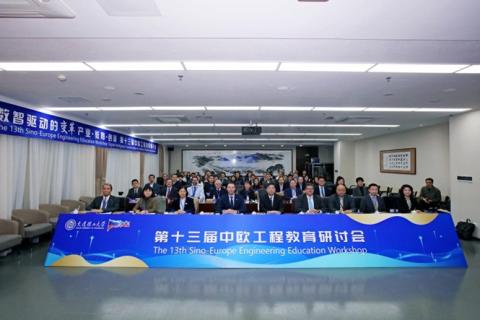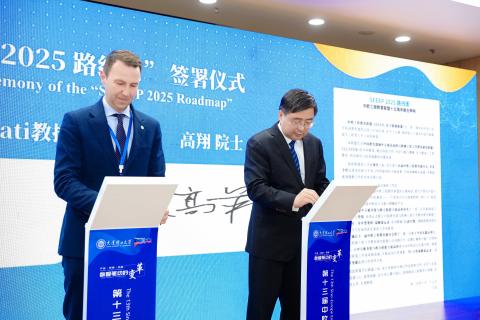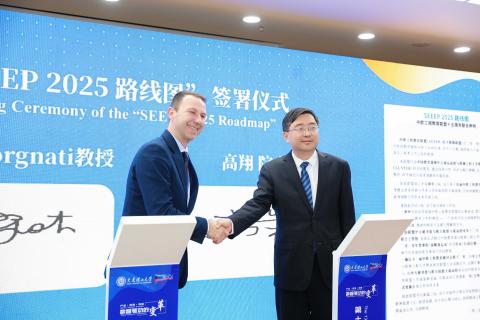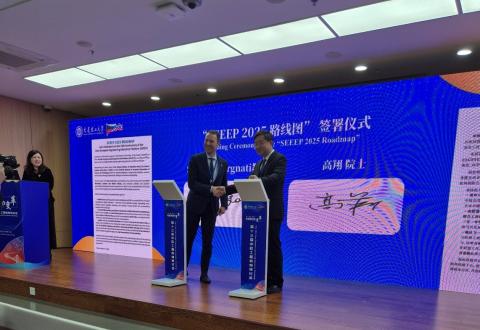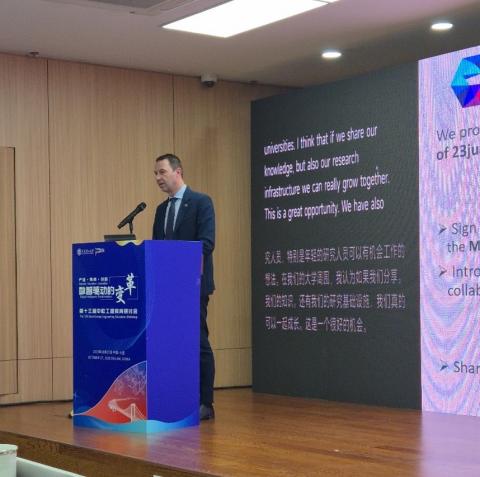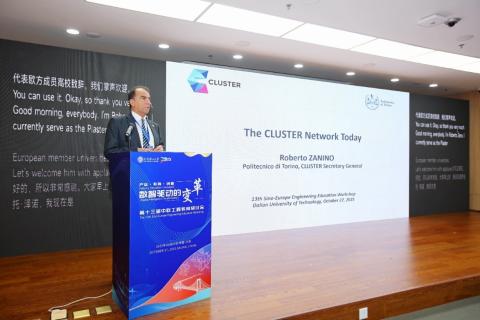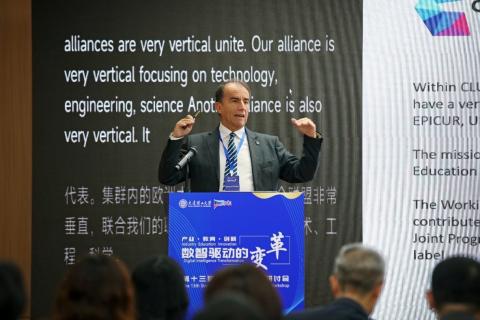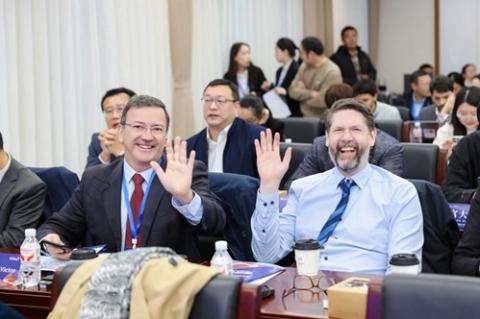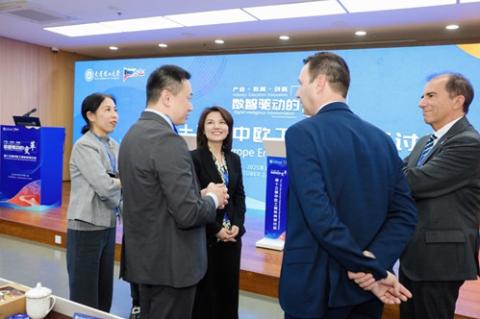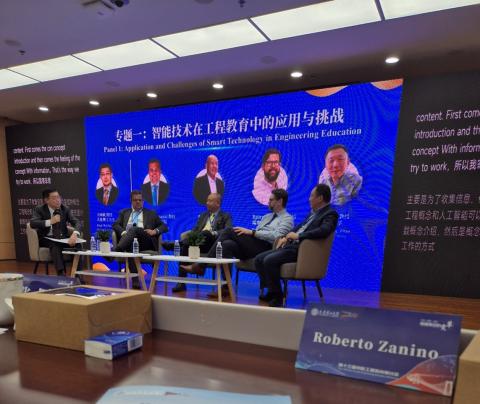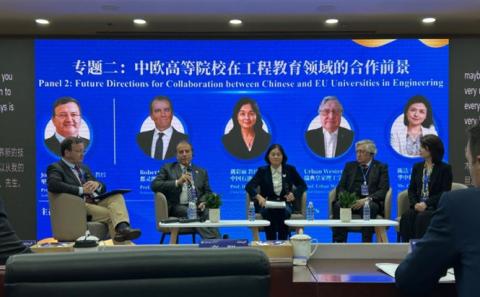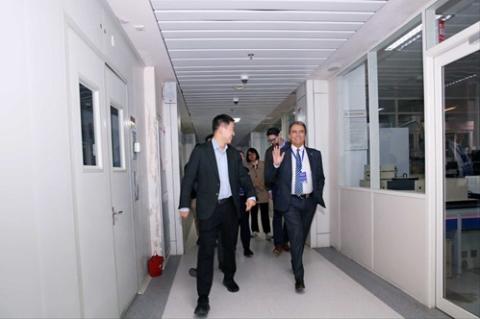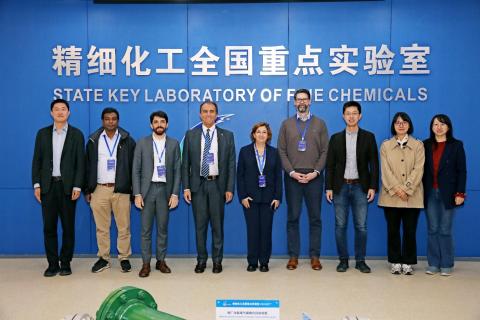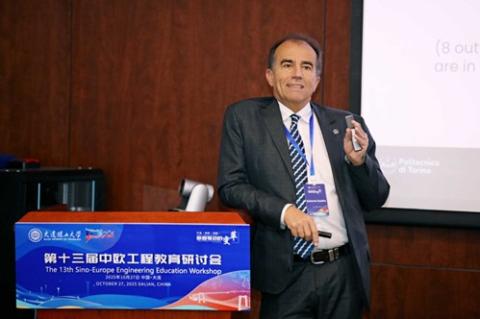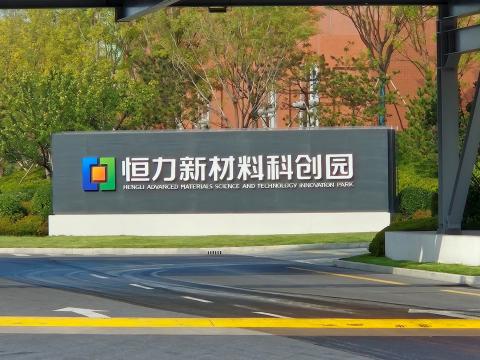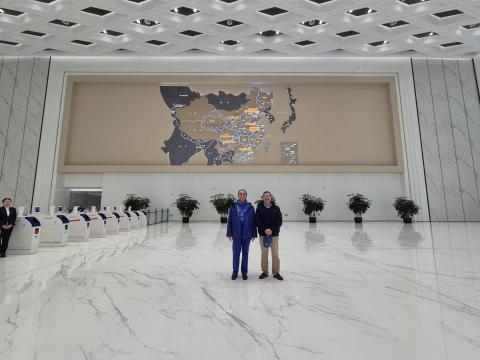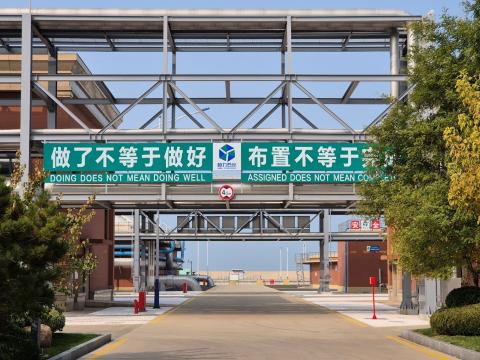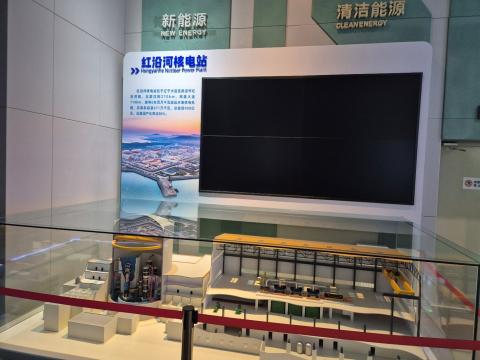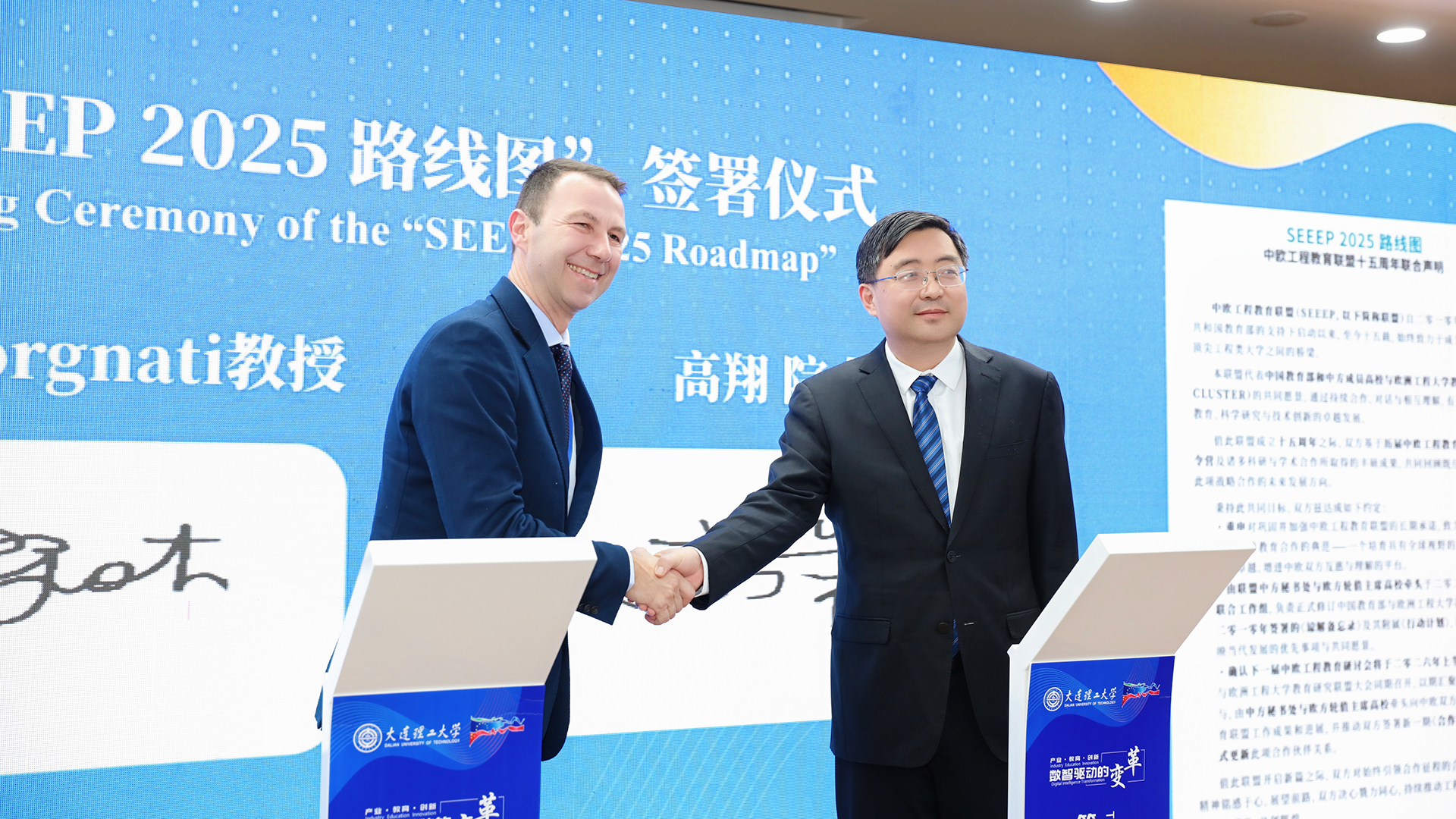
CLUSTER: a new roadmap for the Sino-European Engineering Education Platform (SEEEP)
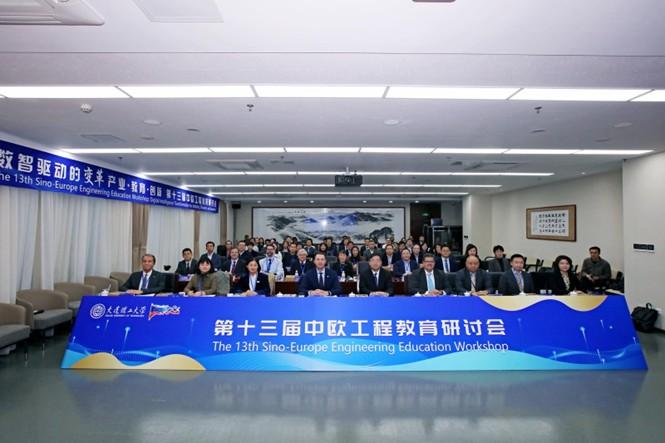
Earlier this week, a delegation of the CLUSTER network led by Rector Corgnati, including Professor Roberto Zanino, participated in the 13th Sino-European Engineering Education Platform (SEEEP) Workshop of the CLUSTER network, organised at Dalian University of Technology (DUT). The participants also included representatives from Instituto Superior Técnico (IST) in Lisbon led by Professor José Santos Victor (SEEEP WG Leader) and Professor Pedro Amaral (IST Vice-President for Technology Transfer), and representatives from KTH Stockholm led by Professor Bjoern Laumer (Head of the Department of Energy).
Professor Zanino, Secretary General of the network, delivered the opening remarks and presented the network’s vision from the perspective of Politecnico di Torino, which is currently holding the Presidency. During the panel “Future directions for collaboration between Chinese and EU Universities in Engineering”, he stressed the importance of defining, within SEEEP, a shared strategic pathway for cooperation, now that European institutions are encouraged to contribute to EU competitiveness.
As President of the network, Rector Corgnati signed with the DUT Rector an important agreement between CLUSTER and the 18 Chinese universities represented in SEEEP. The agreement sets the terms of the new platform’s roadmap, with the goal of renewing the SEEEP MoU between CLUSTER and the Ministry of Education of the PRC at the next workshop. Rector Corgnati proposed hosting the next workshop at Politecnico di Torino, alongside the next CLUSTER General Assembly scheduled for June next year – a proposal that was enthusiastically welcomed by the Chinese delegation. It was also agreed that the 2027 edition will be hosted by Tongji University, a long-standing partner of Politecnico di Torino.
“With the signing of this Memorandum of Understanding, we are opening a new chapter in cooperation between Europe and China ,” emphasizes Stefano Corgnati, PoliTO Rector, “thanks to the role of university networks such as CLUSTER and SEEEP, which primarily facilitate international relations between universities in different geographical areas and, at the same time, open new bridges of dialogue and collaboration for the business systems of the respective countries. This agreement represents a significant step in strengthening cooperation in the field of engineering and technological innovation. The CLUSTER network, chaired by our university, is consolidating its role as a reference platform for joint training and research in the field of technology. The dialogue with Dalian University of Technology and other universities in the SEEEP network opens new opportunities for collaboration, not only academic but also industrial, contributing to the construction of an international innovation ecosystem capable of addressing the major challenges of energy transition and sustainability. We are delighted that the next edition of the SEEEP workshop will be held at PoliTO: it is a sign of trust and recognition of our university's central role in promoting scientific and cultural relations on a global scale.”
Translated with DeepL.com (free version)Rector Corgnati and Professor Zanino then met DUT Rector Professor Gao Xiang, discussing potential future collaboration between the two universities, currently without active agreements, and the role that DUT could play in the new Working Group to be established by the end of the year to define the contents of the renewed SEEEP MoU. One key opportunity raised was to the inclusion of industry cooperation in the next MoU.
In the afternoon, parallel technical sessions took place. In the session “Smart Energy, Mobility, and Sustainability”, which included a visit to DUT’s Department of Chemistry laboratories, Professor Zanino delivered a talk on “Nuclear engineering education and research at Politecnico di Torino”, which registered a strong interest by all participants. DUT is, indeed, one of the eight SEEEP universities listed among the twenty Chinese institutions officially recognised this month for their involvement in nuclear fusion research. One of China’s 58 operating nuclear fission power plants is located near Dalian, in Hengyenhe.
The following day, the European SEEEP delegation visited the facilities of HENGLI, located near Dalian (“Forever Power” in Chinese), a major industry partner of DUT – including both the shipyard and the petrochemical plant, among the largest worldwide. The day concluded with a visit to the Urban Center, of significant strategic and historical interest.






















